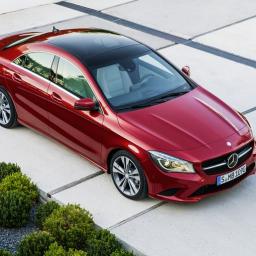NASA Langley pursuing electric 'personal air vehicles'
While companies look to deliver packages in a matter of minutes using drone technology, NASA engineers are exploring ways to bring similar "on-demand mobility" to people. In less than a decade, small commuter airlines could be flying electric planes. And as aircraft design and battery technology progress to extend even greater ease of use to the public, the sky would literally become the limit.
A key technology that NASA and its commercial partners are developing to help drive the future toward such personal air vehicles, as well as vastly improve general-aviation aircraft and commercial delivery services, is called "distributed electric propulsion." It's a rapidly evolving technology that Moore says is the biggest shift in aerospace technology since the invention of the turbine engine. By using battery-powered motors to turn compact propellers distributed along an aircraft's wing, he said, a plane becomes easier to handle, lighter, less noisy and more environmentally friendly. Demonstrator tests are showing as much as a 500 percent reduction in the energy needed to perform a high-speed cruise. It can also perform better in a tricky vertical take-off or landing.
A key technology that NASA and its commercial partners are developing to help drive the future toward such personal air vehicles, as well as vastly improve general-aviation aircraft and commercial delivery services, is called "distributed electric propulsion." It's a rapidly evolving technology that Moore says is the biggest shift in aerospace technology since the invention of the turbine engine. By using battery-powered motors to turn compact propellers distributed along an aircraft's wing, he said, a plane becomes easier to handle, lighter, less noisy and more environmentally friendly. Demonstrator tests are showing as much as a 500 percent reduction in the energy needed to perform a high-speed cruise. It can also perform better in a tricky vertical take-off or landing.





